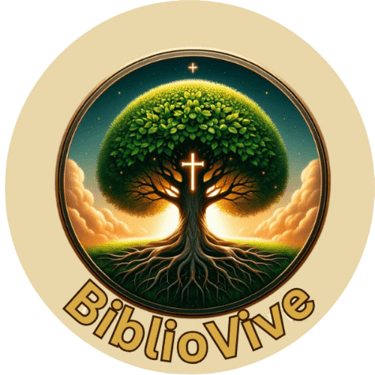English (King James Version - KJV)
Genesis 1:26-27 (KJV)
26. And God said, Let us make man in our image, after our likeness: and let them have dominion over the fish of the sea, and over the fowl of the air, and over the cattle, and over all the earth, and over every creeping thing that creepeth upon the earth.
27. So God created man in his own image, in the image of God created he him; male and female created he them.
Interpretation
"Let us make man in our image, after our likeness"
Plural "our": This plural can be interpreted in several ways. Some theologians see this plural as a reference to the Holy Trinity (Father, Son, and Holy Spirit). Others suggest that it is a plural of majesty, a literary style used to emphasize divine greatness and authority.
"Image" and "likeness": These terms suggest that there is something in the human being that reflects the divine essence. This does not refer to a physical resemblance, as God is spirit, but rather to characteristics such as reason, the capacity to love, creativity, morality, and the ability to communicate.
"And let them have dominion"
Man is destined to have authority and responsibility over creation. This dominion implies not just the power to lead, but also the responsibility to protect and care for creation.
"So God created man in his own image"
This emphasizes that every human being has intrinsic value and dignity, derived from reflecting something of God's nature.
"Male and female created he them"
The likeness to God is found in both man and woman. Both sexes are created in God's image and together reflect the fullness of the divine image.
Theological and Philosophical Implications
Human Value:
Every human being has inestimable value and dignity because they are created in the image of God. This concept is the foundation for human rights and the respect and dignity that should be accorded to each person.
Relationship with God:
Being created in God's image implies a unique capacity to have a personal relationship with the Creator. Humans are capable of knowing, loving, and living in communion with Him.
Responsibility towards Creation:
Dominion over the earth does not mean reckless exploitation but responsible and careful stewardship. People are called to protect and care for creation in God's name.
Reason and Morality:
Being created in God's image also means possessing unique intellectual and moral capacities. Humans have the ability to reason, make moral choices, and create culture and civilization.
Conclusion
The interpretation that man was created in the image and likeness of God invites us to reflect on the intrinsic value of each person, our relationship with the Creator, and our responsibility towards the world. This understanding provides a solid foundation for ethics and theology, influencing how we relate to God, ourselves, and others.
